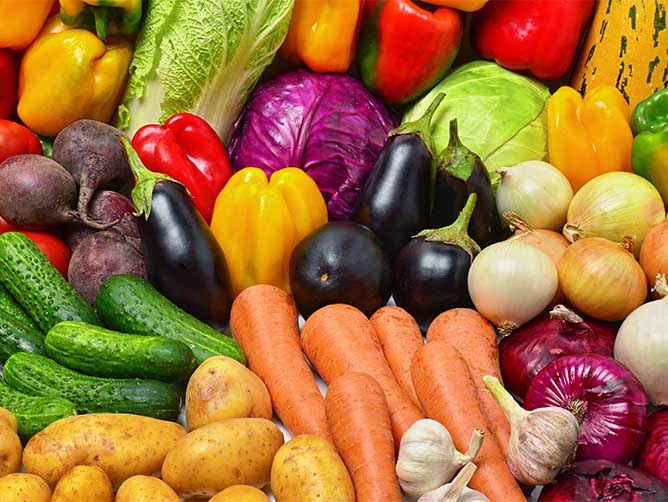
Vegetarian and Vegan Diets
- Based on a lifestyle choice to remove sources of animal products. A lot of vegetarians chose to still eat fish, eggs, cheese and other foods which are animal sourced.
- Those who are vegans chose to eliminate every animal sourced product.
- It is possible to meet the energy and vitamin and mineral intake on a vegetarian diet. However, it is important to ensure they eat enough foods to provide adequate protein, vitamin B12, iron and calcium.
- For vegans, it is virtually impossible to meet the Vitamin b12 intake and may lack energy. Regular blood tests need to be undertaken and often people will require B12 injections
What are the 5 nutrients we need to make sure we monitor?
- Energy and protein. Important for growth and repair of all body cells, formation of enzymes and hormones, normal functioning of muscles and nerves and immune protection. Good sources include:
- Vegetarians: cheese, yoghurt, custard, eggs;
- Vegans: nuts/seeds, lentils/legumes, tofu/tempeh, quinoa, texture vegetable protein (TVP)
- Calcium: Important for strong bones and teeth, proper nerve and muscle function and blood clotting.
Calcium rich foods include calcium fortified foods (milk, yoghurt), almonds, brazil nuts, tahini, sesame seeds, dried fruit, kale, Asian vegetables, broccoli and soy beans. Importantly for increasing calcium intake:- Ensure adequate vitamin D intake
- Limit salt intake (increases calcium excretion)
- Limit caffeine intake (blocks calcium intake)
- Iron: It is important for oxygen transport in blood function. Lack of iron leads to tiredness, breathlessness, mental confusion
- Vegetarians should aim to include some iron-containing foods like egg yolk, dark green vegetables (spinach, silver beet, broccoli), legumes, wholemeal (bread/cereal), tofu and tempeh, nuts, seeds, dried fruit (apricot, prunes)
- To assist iron absorption from plant foods, include a food rich in vitamin C at each meal (eg. citrus fruit/juice, berry fruits, tropical fruits, tomato, capsicum).
- Vitamin B12. Important for energy and maintenance of nervous system and cell function
- Vitamin B12 is found only in animal foods (cheese, eggs, milk and milk powder) and fermented foods (eg. soy sauce, miso, tofu and tempeh), cider and sauerkraut. However, fermented foods do not supply B12 in sufficient amount to meet requirements. Vitamin B12 can also be provided by fortified soy milks.
- Long term people choosing vegan lifestyle, pregnant and breastfeeding vegetarian women are most at risk of deficiency, and should drink a B12 fortified soy milk, or take B12
- Zinc: Found in every part of our body and has a wide range of functions. It is important for wound healing, healthy skin and immune system
- Good sources of zinc include: legume, grains, nuts/seeds and soy foods (milk, yoghurt, tofu/tempeh)
- To increase zinc absorption, soak legumes before cooking or consume sprouted beans, grains and seeds hat contain yeast
